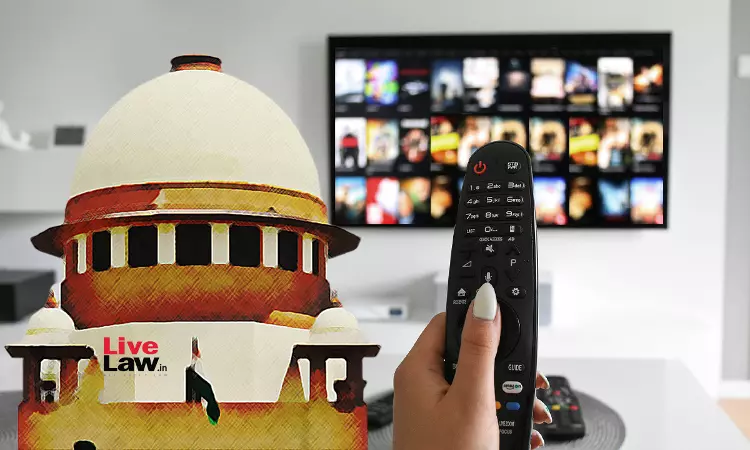'Penalties Against TV Channels Must Be Proportionate To Profits; ₹ 1 Lakh Fine Ineffective' : Supreme Court To NBDA
Padmakshi Sharma
14 Aug 2023 1:10 PM IST

Self-regulatory body for media channels must be effective, the Court said during the hearing.
Next Story


